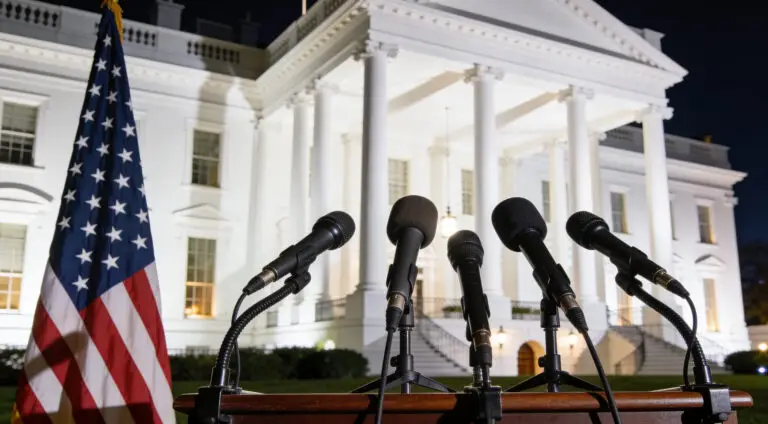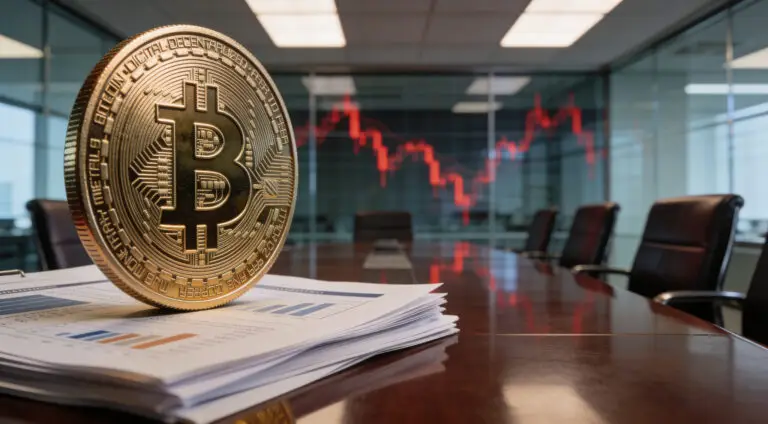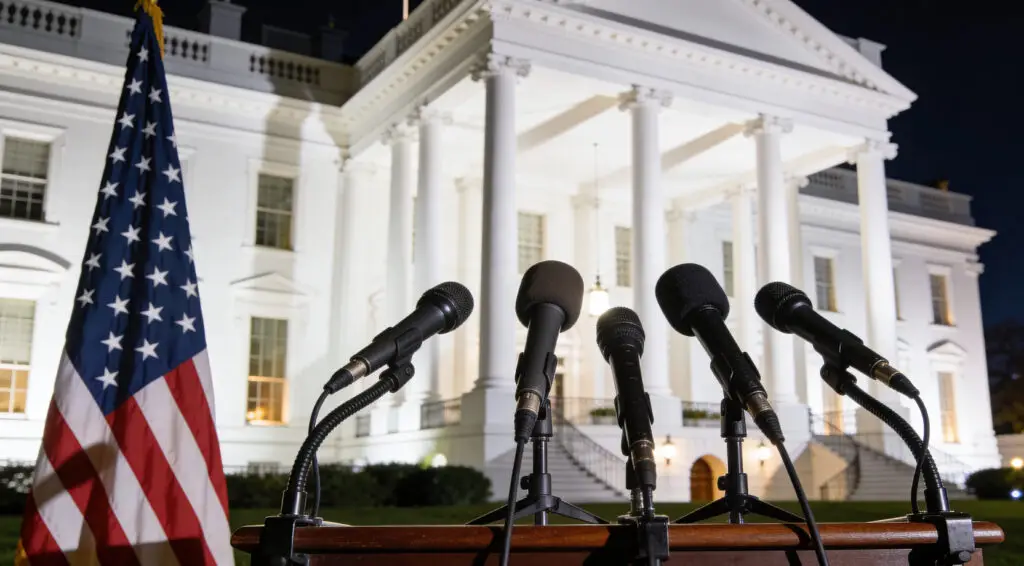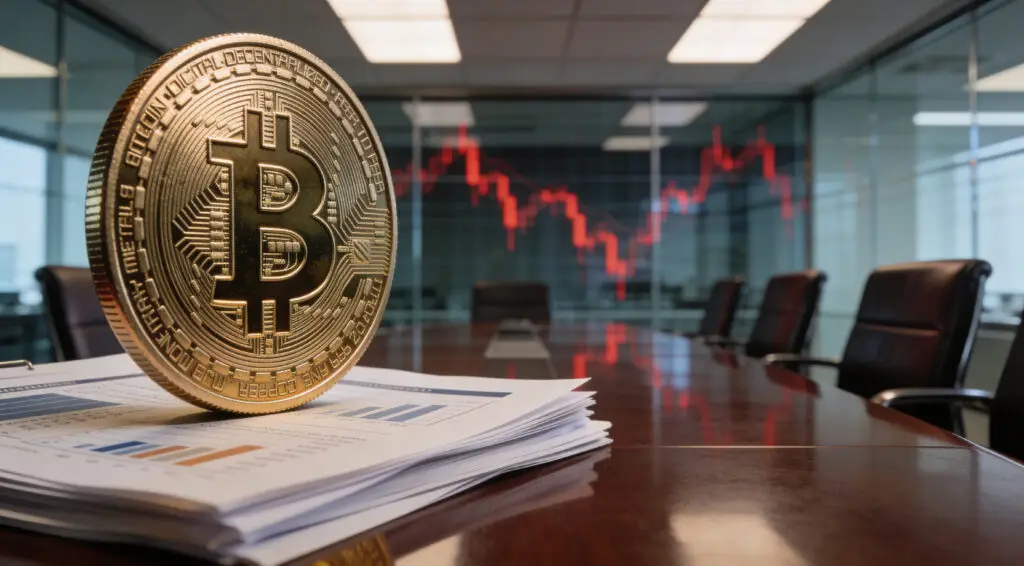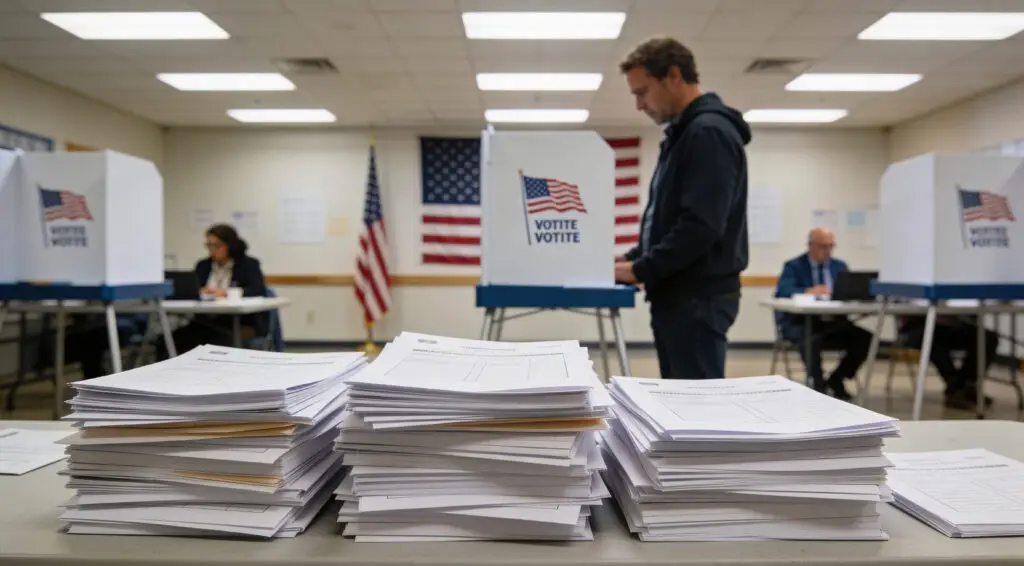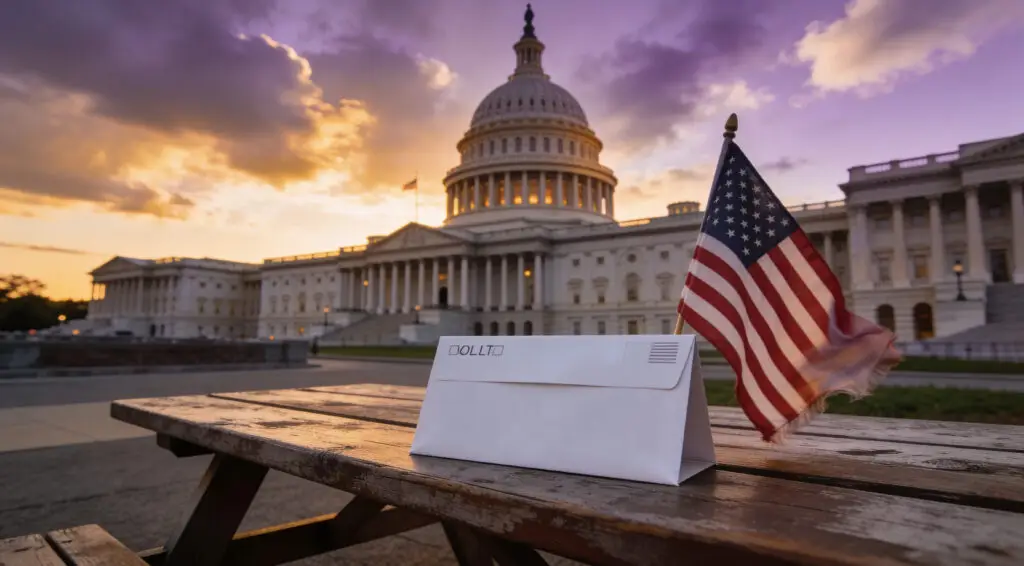U.S. stocks rallied Tuesday, providing some respite from the multi-day sell-off due to President Donald Trump’s far-reaching tariffs. However, this reprieve was short-lived with rising tensions as China promised to “fight to the end” against Trump’s aggressive policies.
Market Surge: A Temporary Calm?
The S&P 500 index was up more than 3.8 percent, while the tech-heavy Nasdaq gained roughly 4%. The Dow Industrial Average rose more than 3.6%, an increase of nearly 1,400 points. This relief came after days of market chaos driven by fears of Trump’s trade moves.
Factors Behind the Bounce: A Complex Web
There were multiple factors that added to the complex situation. Asian markets recorded overnight growth, in part due to Chinese state funds stepping in to support recent losses. Japan’s Nikkei stock index also jumped 6% after the White House indicated a willingness to enter bilateral trade talks with the country. European shares climbed as well, driven by improving sentiments in the defense industry.
Medicare Boost: A Domestic Catalyst
U.S. indices received an additional boost from a favorable outlook for health insurance stocks. The Center for Medicare and Medicaid Services announced a 5.06 percent increase in the Medicare payments for the coming year, exceeding estimates and infusing optimism in the healthcare sector.
Thin trading: amplifying market moves
But some analysts pointed towards the relatively low volumes of trading as the reason behind the drastic shift in the market. The chief strategist at Interactive Brokers Financial Group, Steve Sosnick, said that “markets remain thin and skittish” and are a cause for amplified reactions. While characterizing the activity as “a bit of bargain hunting strung together with a feeding frenzy.”
The Aftermath of a Fake Rally
Sosnick hypothesized that a brief rally based off a social media rumor has created a volatility vacuum. The rumor contained a significant amount of explosive fuel in the form of pent-up demand from the traders, which Sosnick claims the aim was to buy as much stock as they could if they caught a whiff of reversal towards Trump’s policies.
Trump’s Rhetoric: A Mixed Message
He posted those words alongside a picture showing China “Wants To Make A Deal Badly” and TOTUS “They Had A Pretty Good Chat” Together. But it provided no relief for the concerns surrounding Trump imposing massive tariffs.
China’s Defiance: Fight to the End
Repercussions from China’s ministry of commerce claiming U.S. trade ‘blackmailed’ them ‘fighting to the end’ issued a harsh warning, placing the world at the brink of another trade war. Tensions were brought to a new level when Trump threatened to place a 50% tariff on Chinese goods, estimating total U.S. tariffs to be equal to 104%.
Auctioneer’s Stance: Rule Firmly
In an interview on CNBC, Secretary of Treasury Scott Bessent claimed China’s escalation to be a “big mistake.” He then went on to say that China was “playing with a pair of twos.” Separate from Bessent, the president of the European Commission put forth that China must ‘act responsibly’ to the US’s jeopardizing action. Bessent went on to explain that specific countries could reach good agreements that offered them better deals but parts of the tariffs would remain.
Business Attitudes: Increased Dissent
In specialists opinion, divides such as tariffs restrain welfare gains that can result from increased trade competition. As reported by the National Federation of Independent Business, there has been an unprecedented decrease in their small business optimism index recently formed. The decrease marks the highest decline since December of 2020. This is a significant drop, standing along the shifting tide of the sentiment among small business owners concerning Trump’s trade policies.
Analyst Words of Caution: Bear Market Rallies
Goldman Sachs market analysts used the term “Bear market rallies are quite common.” This proves their point. They provided examples of rebounds during downturns, such as the dot-com bubble and the 2008 financial crisis.
Earnings Season: A Test of Resilience
U.S. corporate earnings season starts Wednesday, with Delta Airlines first to report, followed by major U.S. banks on Friday. Sosnick forecasted that tariffs will receive much of the attention but emphasized the uncertainty and, in his words, “confusion, fear, and anger” surrounding Trump’s propositions.



